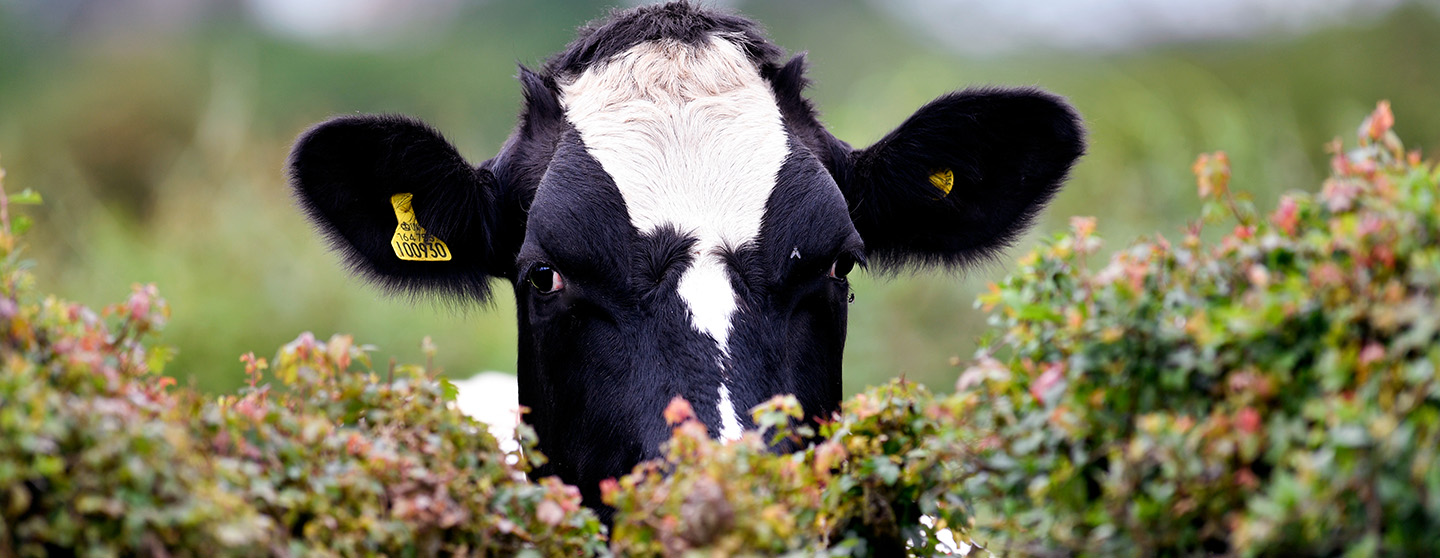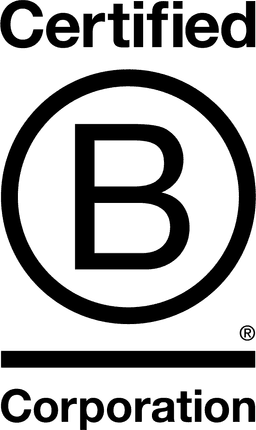

First Milk Limited

Glasgow, United Kingdom
December 2022
Agricultural Processing
Agriculture/Growers
United Kingdom
First Milk is a dairy farmer-owned co-operative owned by British family farms, working together to produce the highest quality dairy products, with a vision to enrich life every day to secure the future. Through strong, collaborative relationships between farmers, colleagues and partners, it works to be regenerative, future-proofing soil, farms, creameries and communities whilst making first-rate dairy products. First Milk's approach is centred around regenerative thinking - about having a positive impact on the world whilst producing nutritious, tasty dairy products to feed a growing population. This starts with regenerative farming but extends throughout the business, resulting in a shared commitment to nourish the earth and future generations. With around 700 farmer members and around 220 colleagues, the business produces award-winning cheddar, regional cheese, whey products and dairy ingredients which it sells into the B2B market, as well as having a branded on-farm vending and cheese business, Golden Hooves.
Overall B Impact Score
Governance 13.9
Governance evaluates a company's overall mission, engagement around its social/environmental impact, ethics, and transparency. This section also evaluates the ability of a company to protect their mission and formally consider stakeholders in decision making through their corporate structure (e.g. benefit corporation) or corporate governing documents.
What is this? A company with an Impact Business Model is intentionally designed to create a specific positive outcome for one of its stakeholders - such as workers, community, environment, or customers.
Workers 19.4
Workers evaluates a company’s contributions to its employees’ financial security, health & safety, wellness, career development, and engagement & satisfaction. In addition, this section recognizes business models designed to benefit workers, such as companies that are at least 40% owned by non-executive employees and those that have workforce development programs to support individuals with barriers to employment.
Community 28.4
Community evaluates a company’s engagement with and impact on the communities in which it operates, hires from, and sources from. Topics include diversity, equity & inclusion, economic impact, civic engagement, charitable giving, and supply chain management. In addition, this section recognizes business models that are designed to address specific community-oriented problems, such as poverty alleviation through fair trade sourcing or distribution via microenterprises, producer cooperative models, locally focused economic development, and formal charitable giving commitments.
What is this? A company with an Impact Business Model is intentionally designed to create a specific positive outcome for one of its stakeholders - such as workers, community, environment, or customers.
Environment 20.5
Environment evaluates a company’s overall environmental management practices as well as its impact on the air, climate, water, land, and biodiversity. This includes the direct impact of a company’s operations and, when applicable its supply chain and distribution channels. This section also recognizes companies with environmentally innovative production processes and those that sell products or services that have a positive environmental impact. Some examples might include products and services that create renewable energy, reduce consumption or waste, conserve land or wildlife, provide less toxic alternatives to the market, or educate people about environmental problems.
Customers 2.9
Customers evaluates a company’s stewardship of its customers through the quality of its products and services, ethical marketing, data privacy and security, and feedback channels. In addition, this section recognizes products or services that are designed to address a particular social problem for or through its customers, such as health or educational products, arts & media products, serving underserved customers/clients, and services that improve the social impact of other businesses or organizations.